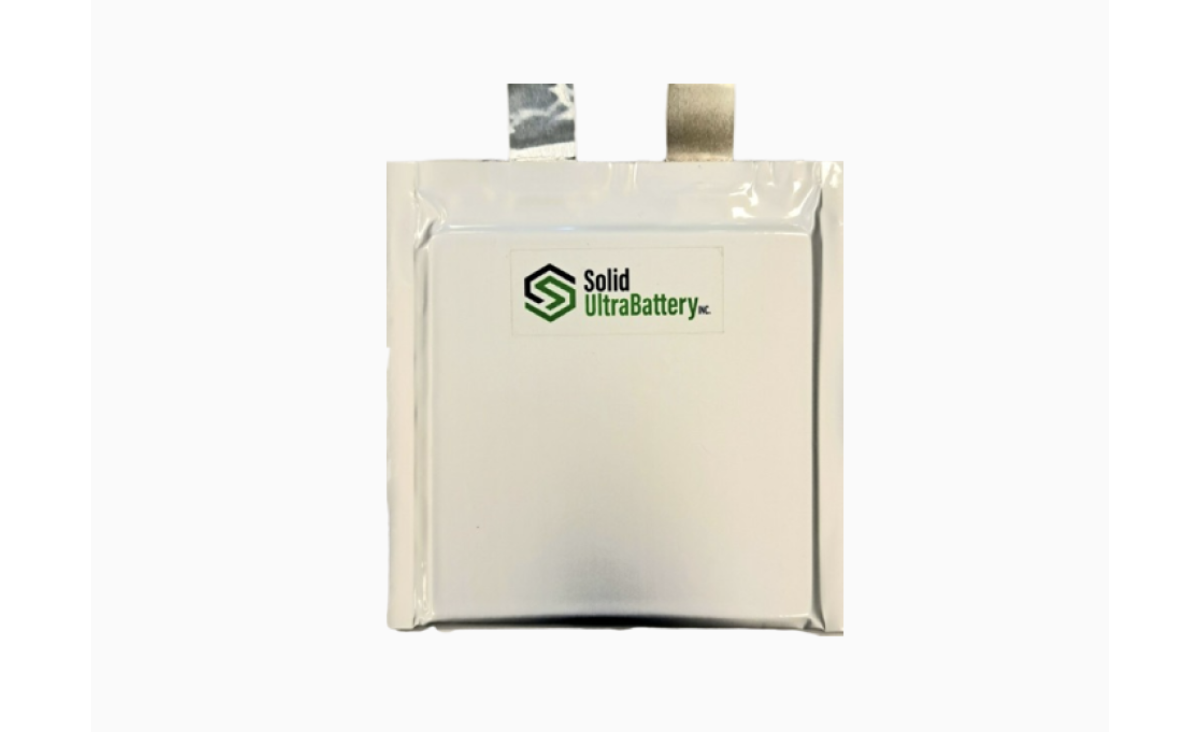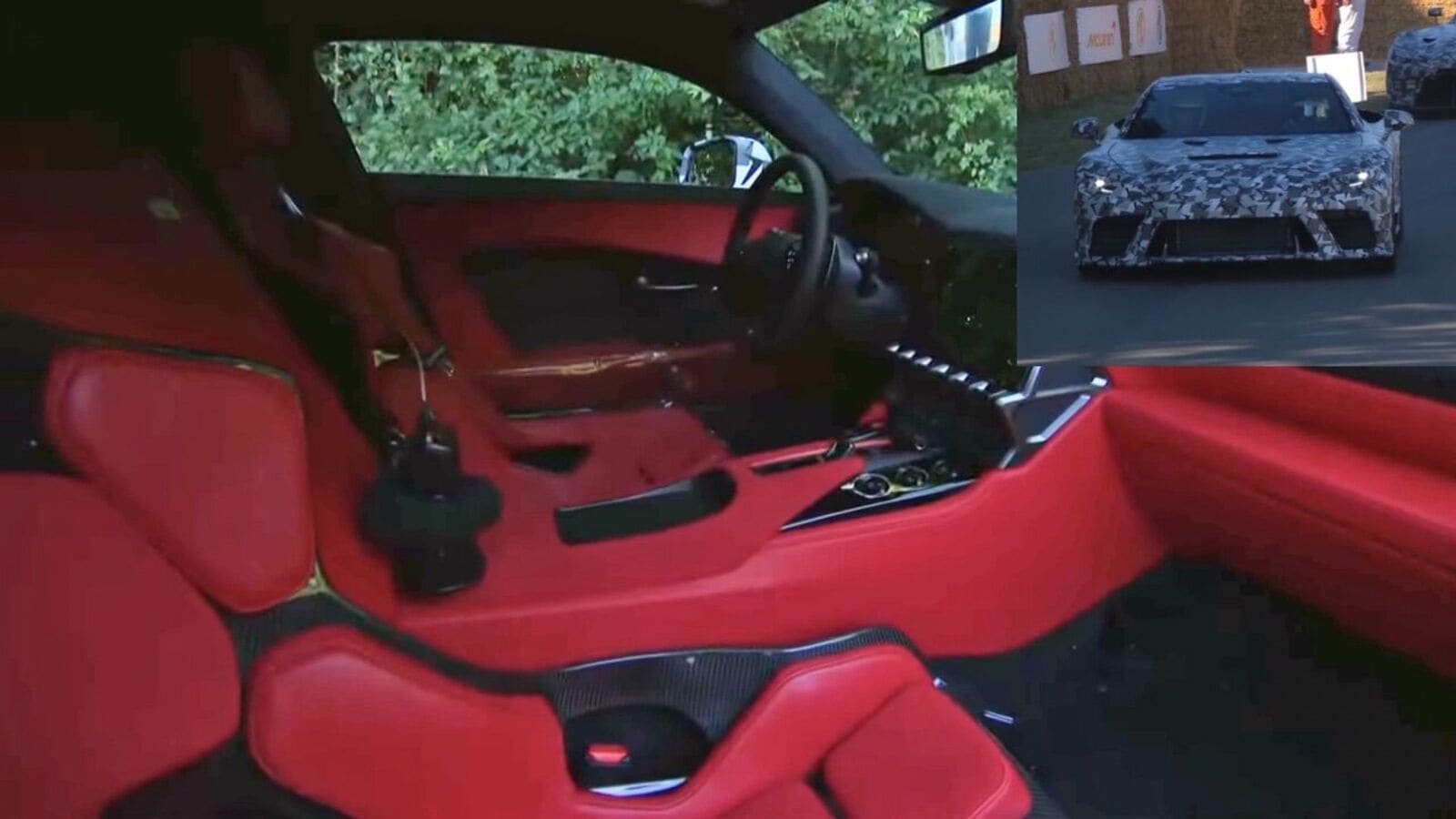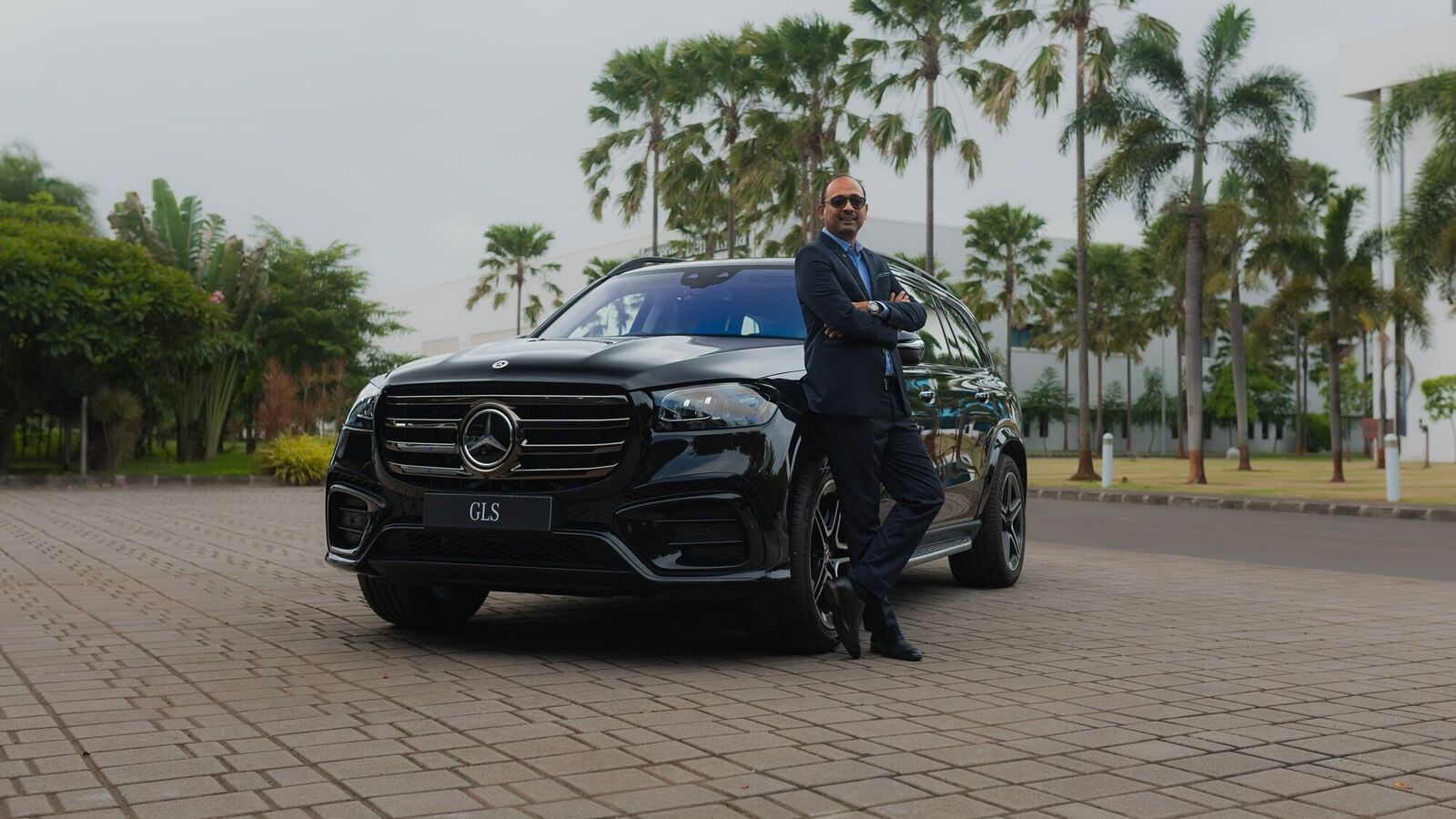Canadian battery raw material and technology developer Volt Carbon Technologies has designed a high-entropy electrolyte to improve battery performance at low temperatures, which has demonstrated functionality at temperatures as low as -80° C in testing.
Solid UltraBattery, a Volt subsidiary, in collaboration with Volt Board Member, Dr. Aiping Yu, Professor and Director of the Carbon Nanomaterials Laboratory for Renewable Energy and Multi-functional Composites at the University of Waterloo produced a proof of concept for the electrolyte. In tests conducted using lithium coin cells, the new electrolyte demonstrated higher performance than conventional electrolytes, according to the company.
The results showed that, at -40° C, the electrolyte retained 62.5% of its capacity, compared to just 16.8% for the standard electrolyte. At -60° C, the electrolyte maintained 49.7% capacity, while the standard electrolyte showed no capacity retention. At -80° C, the electrolyte retained 30.3% capacity, a result that the company considers to be a significant advancement in battery technology for cold environments.
Volt Carbon is developing pouch cells to validate the electrolyte’s performance at a commercial scale.
“The ability of our proprietary electrolyte to perform at temperatures as low as -80° C highlights its potential for industries demanding reliable energy storage in extreme conditions, such as automotive, aerospace and defense. This innovation is particularly critical for regions like Canada, where winter temperatures can severely affect battery performance,” Dr. Hey Woong Park, Head of Battery Development at Solid UltraBattery, said. “Last winter’s extreme freeze, which left many electric vehicles stranded due to charging inefficiencies, illustrates the urgent need for advancements like ours. With this technology, we aim to overcome the challenges of cold-weather battery performance, ensuring reliable operation even in the most demanding climates.”
Source: Volt Carbon Technologies




